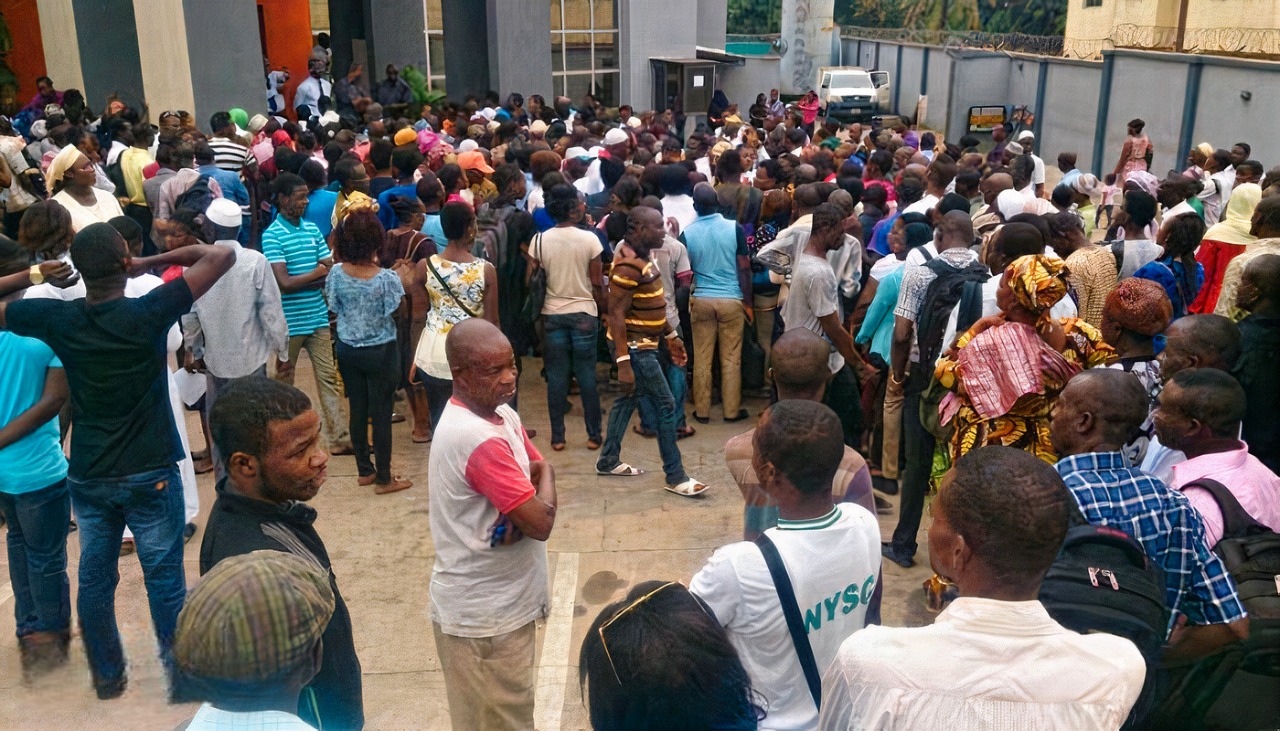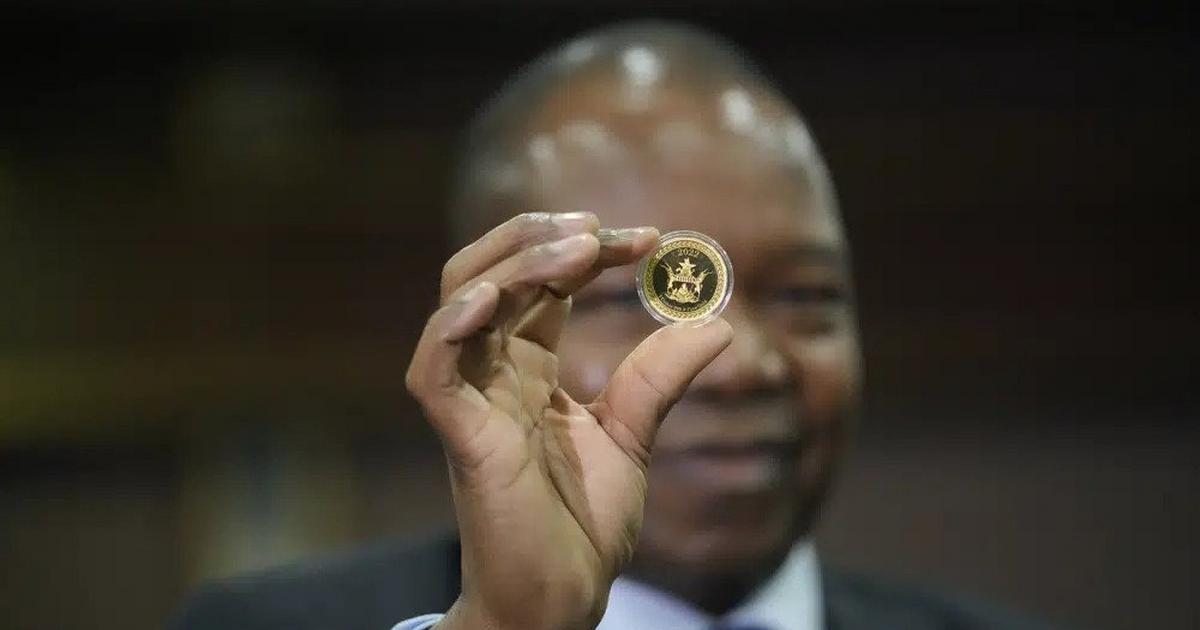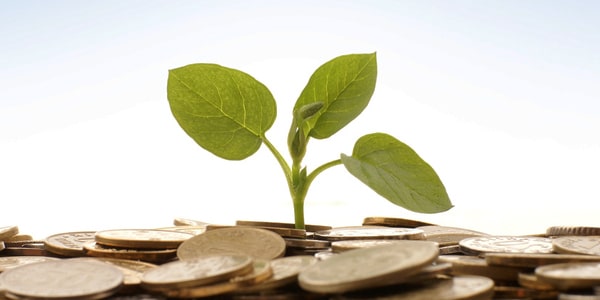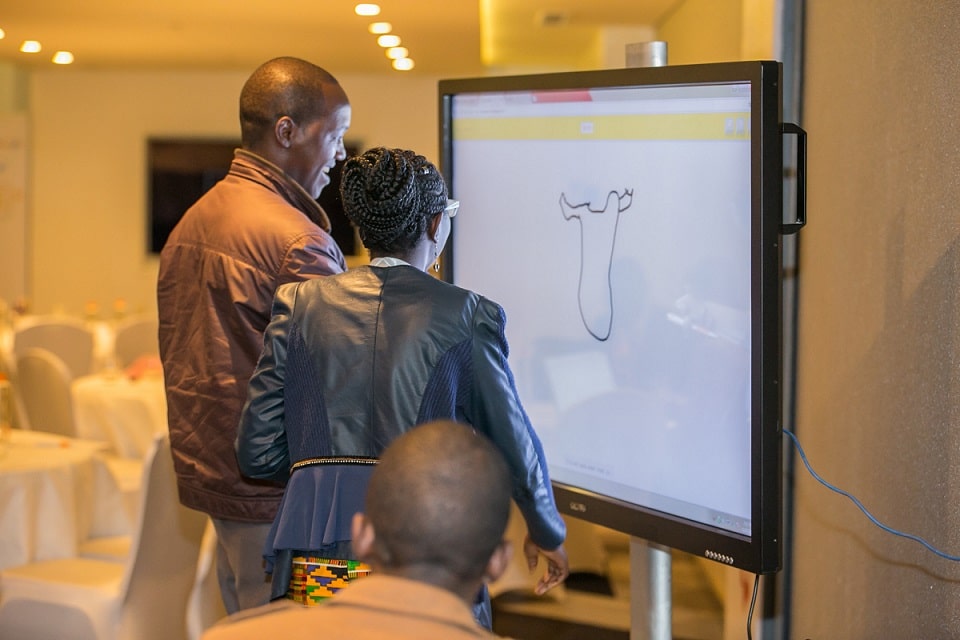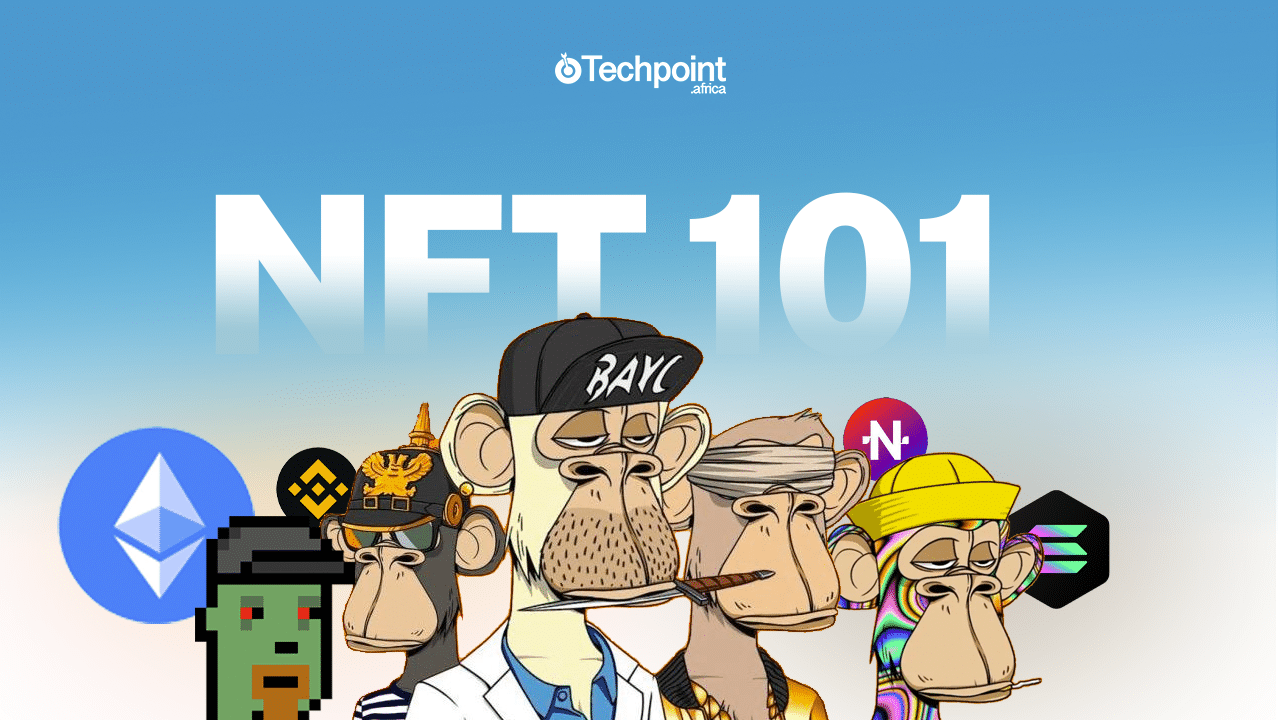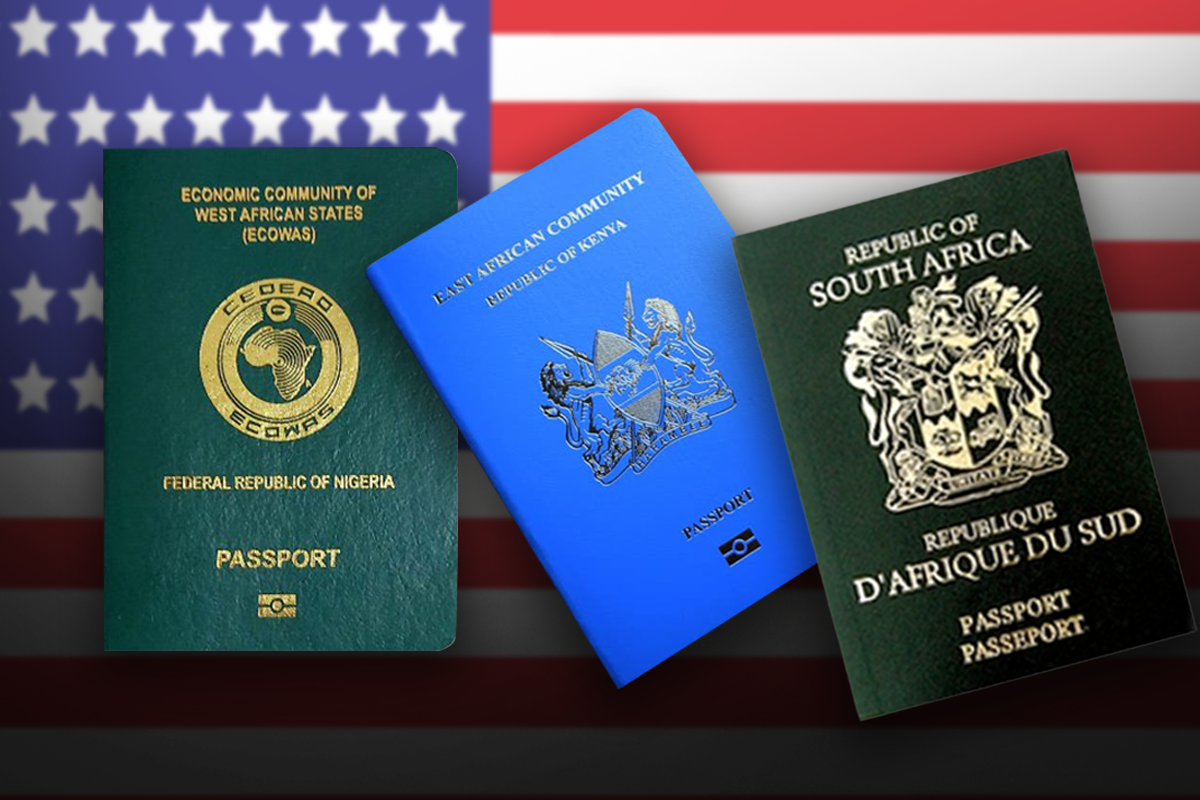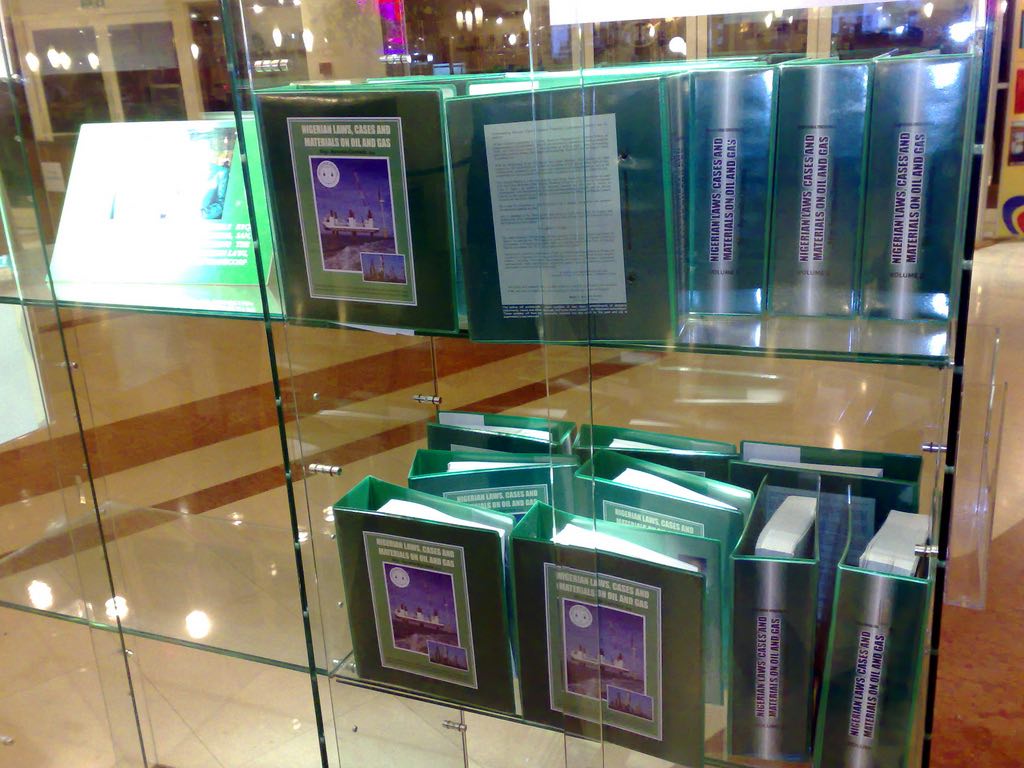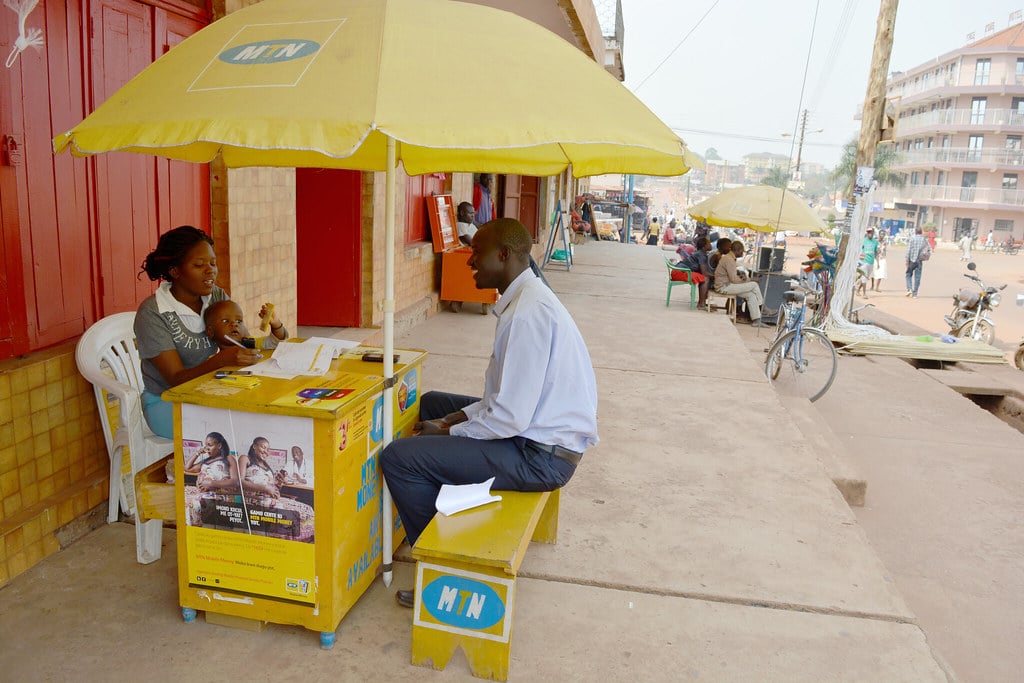"USSD is a clumsy technology. It’s not state-of-the-art. The best way to have financial inclusion is to crash the cost of data so that data becomes more affordable. Then we can use what is a superior technology."
Those were the words of Segun Agbaje, CEO of Guaranty Trust Holding Company as he presented the company's FY 2022 and Q1 2023 reports.
Over the past decade, USSD has gone from a tool primarily used by telcos to one used by commercial banks in Nigeria as they attempt to reach a different class of users.
With it, users who do not have access to the smartphones on which digital banking apps run have been able to access banking services without walking into a banking hall. This now looks to be coming to an end courtesy of a protracted dispute between banks and telcos.
A long-standing dispute comes to a sorry end
Since 2019, both parties have been embroiled in a dispute, first over debts owed to telcos and later over who charges the customer for using USSD codes. In 2021, telcos even threatened to cut off access to USSD services for banks but the Nigerian Communications Commission (NCC) suspended the move.
After several attempts at a resolution failed, the NCC received approval to cut off USSD services from banks this month. That decision could have significant consequences on the CBN's financial inclusion drive, something executives of financial institutions are quick to allude to.
Lowering data costs alone will not drive financial inclusion
Agbaje is right about one thing, USSD is hardly the best-looking technology out there. Performing transactions with it often takes longer than necessary. However, it's important to point out two things; one, USSD technology works for the most part and that's really all any bank customer desires.
The second is that virtually every mobile banking app offered by a Nigerian bank experiences frequent downtimes while network providers are not always reliable. CBN's attempt to force a cashless policy on Nigerians laid bare all that is wrong with digital banking. USSD, on the other hand, has grown in popularity because it does not require an Internet connection to function, making it ideal for Nigerians of all social classes.
As a user who spoke to Techpoint Africa pointed out, "On a number of occasions, I exhaust my data meaning I cannot access my bank app to recharge and subscribe. USSD solves that problem."

Don't miss out on Africa's financial revolution
Give it a try, you can unsubscribe anytime. Privacy Policy.
But beyond that, Agbaje's claim that crashing the cost of data would drive financial inclusion is unfounded and ignores the reality of many Nigerians.
For one, it does not take into account the number of smartphone users in the country. Per Statista, the exact number of smartphone users in the country is hard to say. Estimates, however, put it between 25 and 40 million. Additionally, more than half of Africa's phone shipments in 2022 were feature phones.
According to the Nigeria Inter-Bank Settlement System (NIBSS), there were 57,398,704 Bank Verification Numbers (BVNs) as of April 8, 2023.
Using the number of BVNs as a proxy for the number of unique bank accounts in the country, at least 17.3 million people would be excluded from accessing digital financial services should USSD be cut off by the banks. For an industry that frequently harps on financial inclusion, this sounds like financial exclusion.
Without a smartphone to access these services, these individuals who most likely use feature phones will be forced to visit physical bank branches to carry out transactions. As the CBN's attempt to drive a cashless policy showed, Nigerian banks are unprepared for such an event.
Make no mistake, when we consider income levels, Nigerians pay some of the highest fees globally to access the Internet. Of the 117 countries surveyed by Surfshark in 2022, Nigeria ranks 113 in terms of Internet affordability globally and 19th out of 23 in Africa.
Using the average hourly income as a guide, the report stated that Nigerians would have to work for 15 minutes to afford the cheapest mobile Internet plan. It is worth noting, though, that the cost of accessing the Internet globally became more expensive in 2022. Even then, banking apps are not social media apps and most users are unlikely to spend more than a few minutes a day using them.
Therefore, simply slashing the cost of data in the country would hardly do anything to drive financial inclusion.
What is the future of USSD banking in Nigeria?
At the press briefing, Agbaje also touched on the subject of who should charge users for using USSD codes. His comments could point to the future of USSD banking in the country.
"If you insist on using USSD, the banks have told the telcos to charge the end users. The banks don’t get any of the charges. The banks are saying we don’t want to be involved. If you want to charge ₦20 for the service, go ahead. But collect it yourself. Don’t come to us," he said.
However, he goes ahead to say that the ₦6.98 per USSD session recommended by the CBN is punitive and prevents many customers from making USSD transactions. If customers are unwilling to pay ₦6.98 per USSD session then maybe slashing data costs would do little to make them use digital financial services.
Although the banks may not admit it, such decisions are likely influenced by business considerations. USSD codes remain popular in Africa because of the economic status of its citizens. For a country where only 2% reportedly have more than ₦500,000 in their accounts, it is safe to assume that most people who use USSD codes for transactions are unlikely to have huge sums deposited with the bank.
Therefore, it is normal if banks feel the need to reallocate the resources used in serving them elsewhere. Still, customers cannot be punished for what is hardly their fault.
USSD's role in driving financial inclusion in Africa cannot be underestimated, and given the prevalence of feature phones on the continent, it is likely to play a bigger role in widening the financial inclusion net. While its usage may not be ideal, banks, telcos, and their respective regulators must figure out a way to address their differences or risk alienating millions of Nigerians from the financial system.

